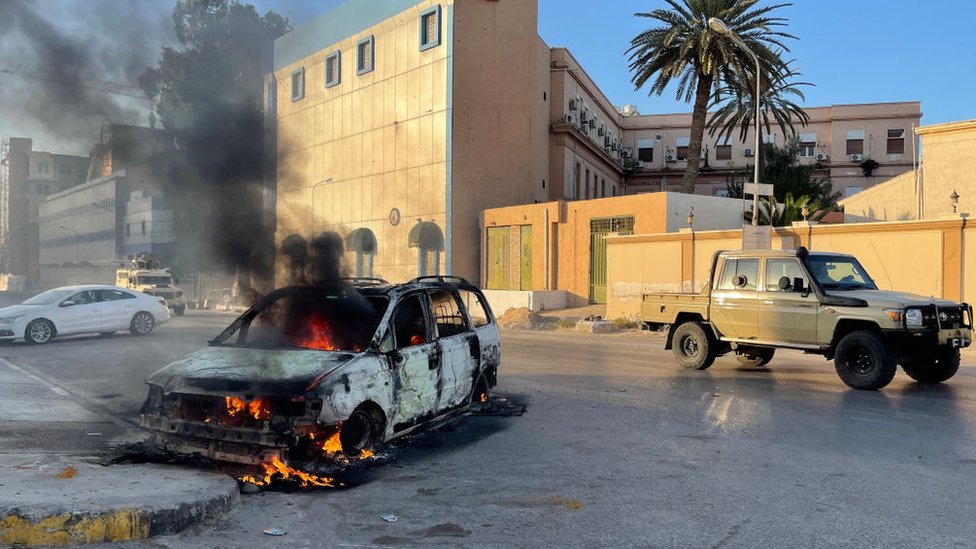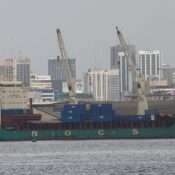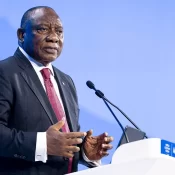
UN Calls for a Ceasefire as Fighting Breaks Out in Libya’s Tripoli
Rival militia clashes in Libya’s capital have led the UN to warn that the situation might get “out of control.”
A day after officials said that order had been restored, fighting has erupted in Libya’s capital, Tripoli, prompting the UN to plead for calm.
The situation in Libya may “spiral out of control,” the UN Mission to Libya (UNSMIL) cautioned on Wednesday.
The mission posted on X, “UNSMIL reiterates its calls for an immediate, unconditional ceasefire in all areas, allowing safe corridors for the evacuation of civilians trapped in intense conflict zones.”
Under international law, it may be illegal to physically harm civilians, attack and destroy civilian infrastructure, and endanger the lives and safety of the populace. It further said that those in charge will be held answerable for their deeds.
According to a security source cited by AP, clashes broke out between the Rada militia and Prime Minister Abdulhamid al-Dbeibah’s 444 Brigade in strategic parts of Tripoli, including the port.
With sporadic skirmishes in residential neighborhoods and the employment of light and medium weaponry, the official referred to the ongoing combat as “urban warfare.”
Residents in Tripoli told the Reuters news agency that the fighting subsided later on Wednesday following the government’s declaration of a truce.
According to the government’s Ministry of Defense, “regular forces, in coordination with the relevant security authorities, have begun taking the necessary measures to ensure calm, including the deployment of neutral units.”
Following news that Abdelghani al-Kikli, the head of the Support and Stability Apparatus (SSA), a militia that rules the southern area of Abu Salim, had been slain, fighting erupted Monday night.
Local authorities report that the battle on Monday claimed the lives of at least six persons.
Although Tuesday morning was peaceful, there were significant battles in the city overnight when the conflict resumed.
A father of three from the Dahra region told Reuters that the unpredictability caused by the strikes was “terrorizing” for the locals.
“To prevent sporadic shelling, I kept my family in one room,” he continued.
Al-Dbeibah commanded Rada and other so-called irregular armed groups to be disbanded.
Rada is the final major faction that is not associated with the prime minister after al-Dbeibah-aligned factions, such as the 444 and 111 brigades, took control of the SSA region.
Libya has had a difficult time recovering from the 2011 revolution that overthrew longstanding leader Muammar Gaddafi and was supported by NATO.
The nation broke up in 2014, with al-Dbeibah leading a UN-recognized government in Tripoli and Khalifa Haftar and his self-styled Libyan National Army controlling a competing government in the east.
All Categories
Recent Posts
Tags
+13162306000
zoneyetu@yahoo.com


